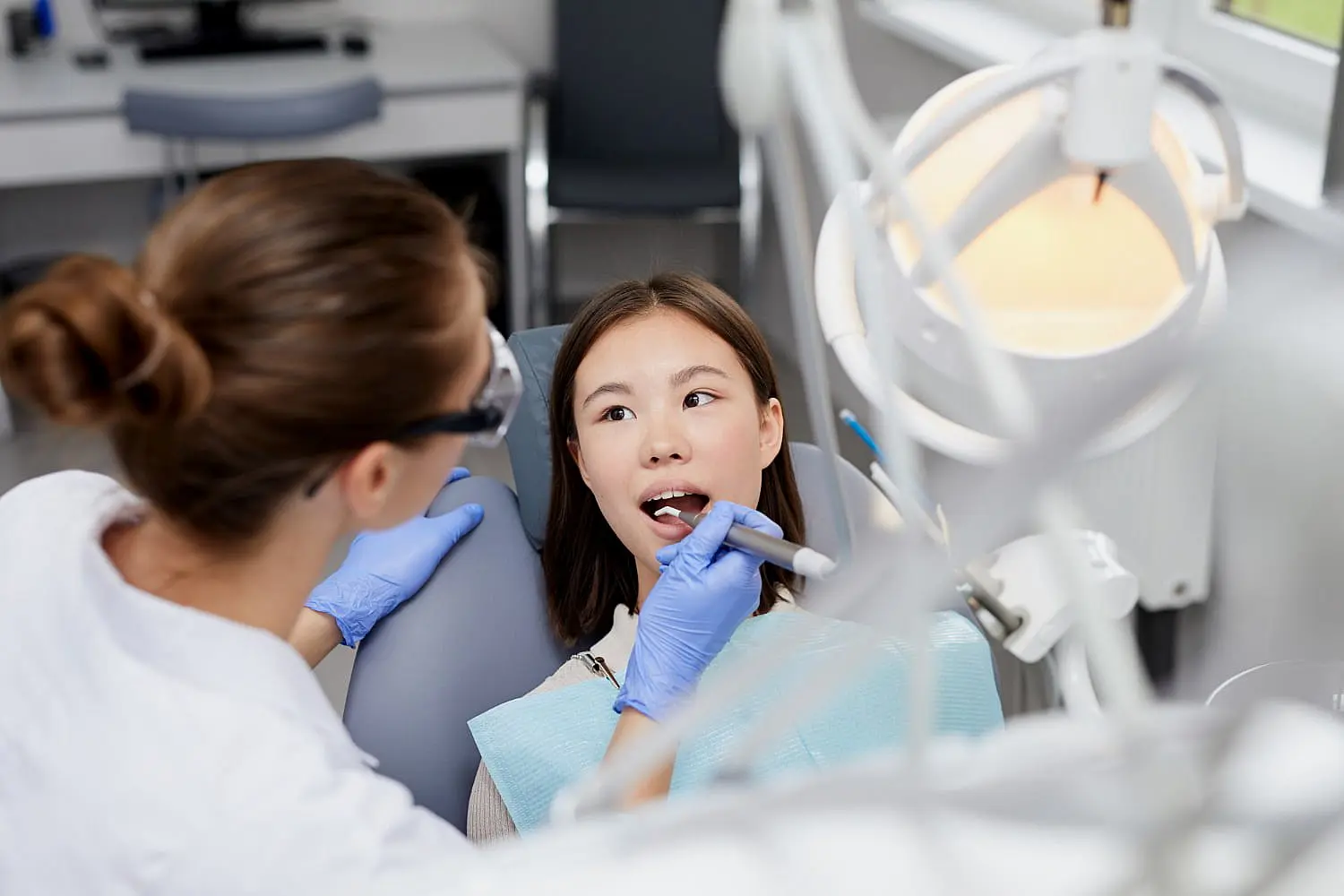Causes and Effects of Mouth Breathing
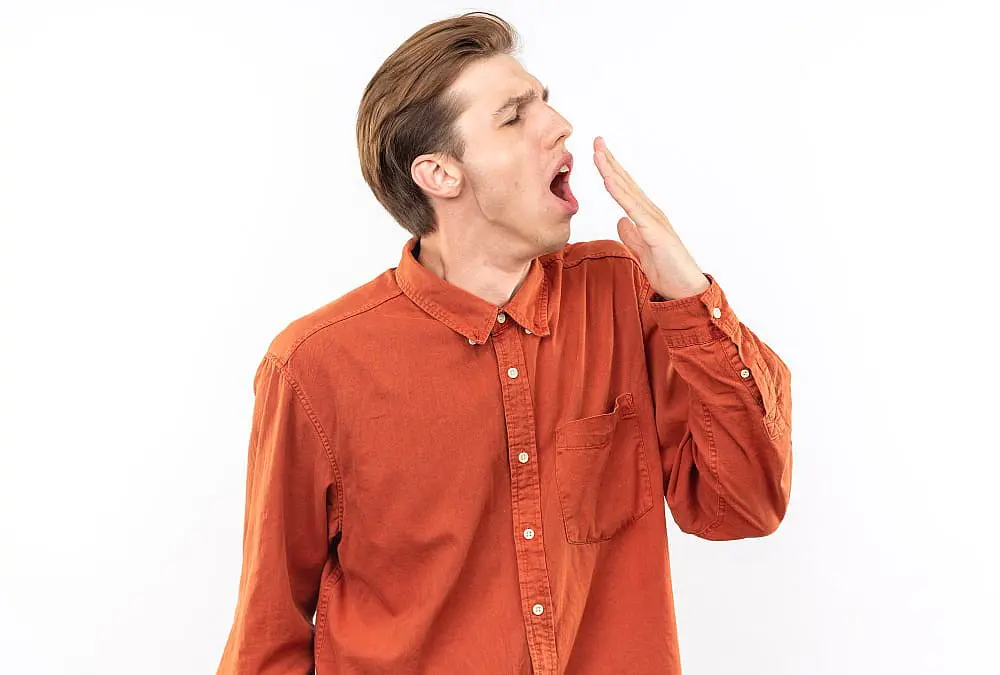
Causes of mouth breathing
Mouth breathing can be caused by many factors, including seasonal allergies (like cedar fever), chronic nasal congestion, enlarged tonsils, sleep apnea, structural nasal abnormalities, respiratory infections, and underlying inflammatory conditions that compromise normal nasal airflow and breathing patterns.
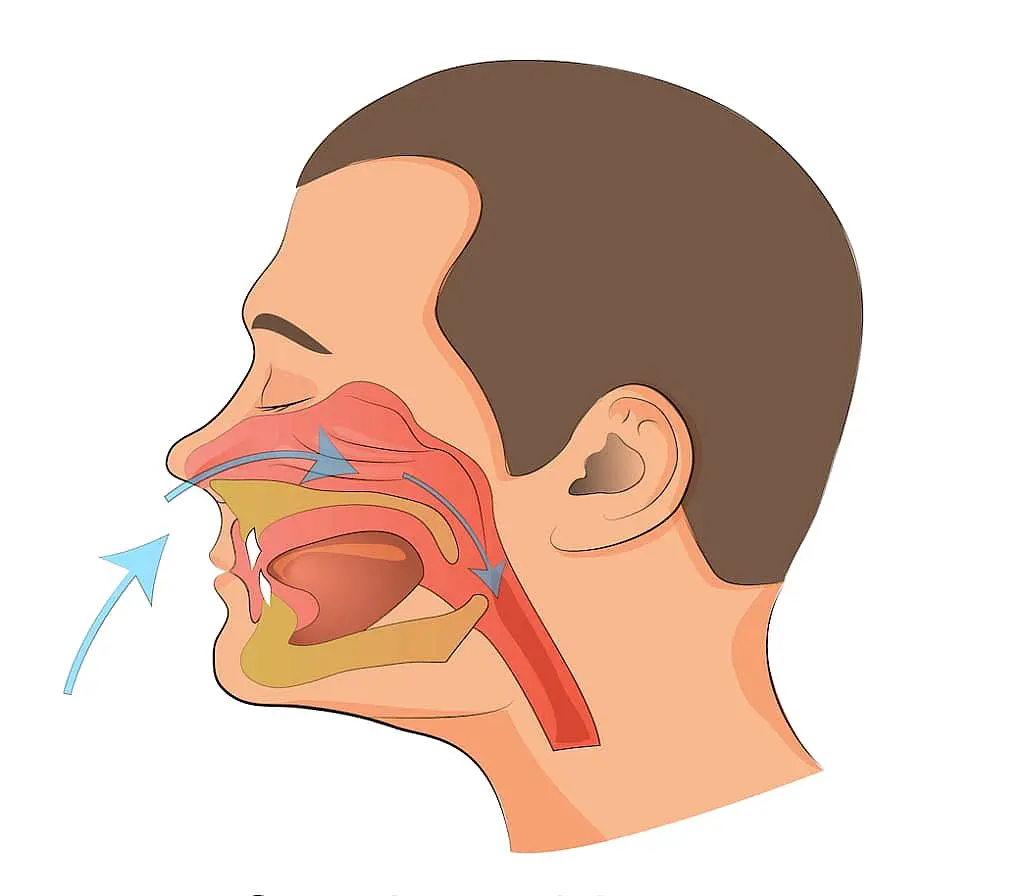
Mouth breathing affects overall health
Mouth breathing negatively impacts respiratory health. Without nasal breathing, there is no proper filtration, leaving some individuals vulnerable to infections, less oxygen absorption, and inefficient breathing. Addressing mouth breathing is vital for overall health and well-being.
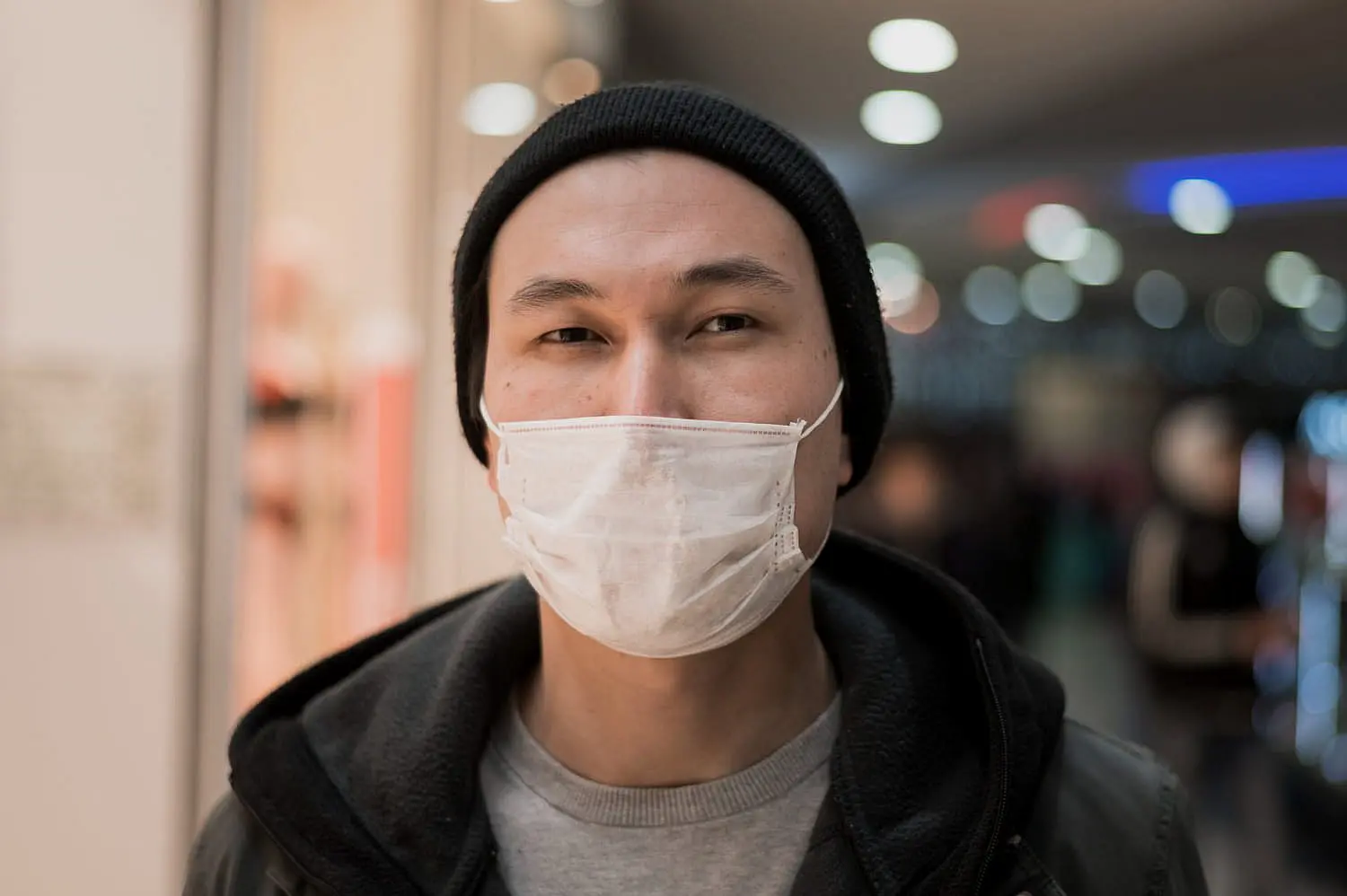
Relationship between mouth breathing and dry mouth
Mouth breathing in a warm climate can worsen dry mouth (xerostomia). Many of our patients experience related issues like bad breath or oral complications if dry mouth goes untreated.

Connection between mouth breathing and sleep apnea
Sleep apnea and mouth breathing often occur together, creating poor sleep quality and daytime fatigue. Treating mouth breathing often leads to better sleep, underscoring the importance of addressing both for improved health.
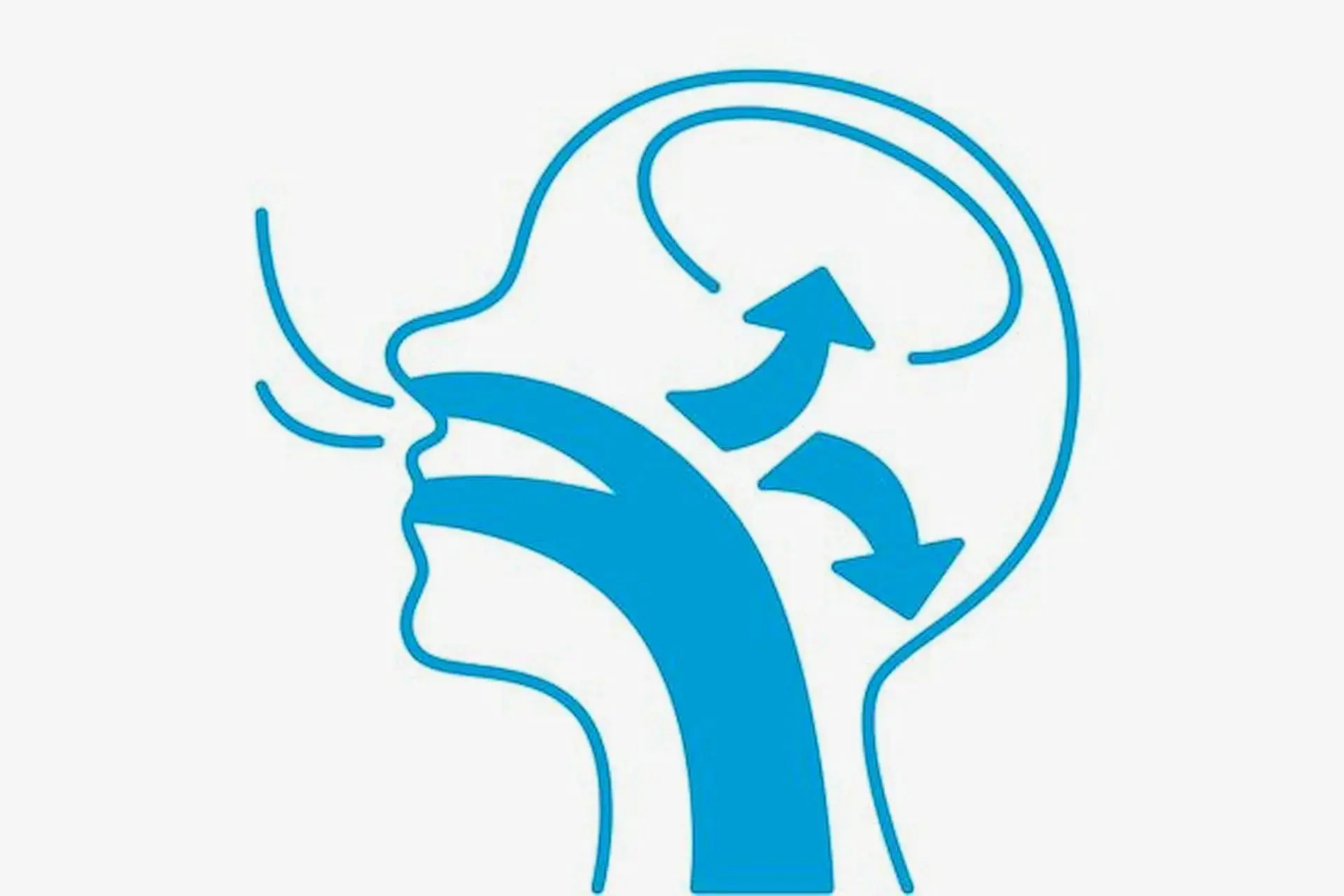
Effects of mouth breathing on brain function and cognitive abilities (brain fog)
Habitual mouth breathing can lead to cognitive problems, like trouble concentrating and mental exhaustion. Many patients find improved focus and energy after tackling this issue, highlighting its importance in everyday functioning.

Impact of mouth breathing on oral health and bad breath
At our practice, we’ve seen how mouth breathing reduces saliva production and contributes to dental problems, like cavities, gum disease, and bad breath. Tongue and saliva are crucial to keeping harmful bacteria away.
Health Risks Associated with Mouth Breathing
Mouth breathing, when left unaddressed in adults and children, can increase risks for colds, sinus infections, and respiratory concerns. Breathing this way bypasses the nasal filtering system, allowing germs to get into the respiratory system.
Overtime, chronic mouth breathing can worsen nasal health, making nose breathing even harder. Young kids who develop this habit may experience abnormal dental growth, problems sleeping, and behavioral challenges.
Diagnosis and Treatment
At Smile City Orthodontics, we employ advanced diagnostics to study breathing patterns and their causes. Solutions may include using orthodontic appliances, teaching breathing exercises, or working with local experts in Sunnyvale when necessary.
Prevention and Management
Breathing exercises and methods to improve nasal breathing in children can be encouraged through various prevention and management strategies. First, making lifestyle changes such as maintaining a nutritious diet, staying properly hydrated, and participating in regular physical activities can reduce nasal congestion and support healthy nasal breathing. Second, practicing specific breathing techniques can further enhance breathing patterns.
These techniques may include diaphragmatic breathing, which encourages deep and efficient breaths by utilizing the diaphragm instead of shallow chest breathing, as well as simple exercises designed to clear nasal passages. Teaching children about the benefits of nasal breathing for their overall health and fostering awareness of proper breathing habits can also be extremely helpful. By combining these lifestyle adjustments with focused breathing exercises, an effective approach can support and maintain healthy nasal breathing habits in children.

Improving Your Breathing and Health with Airway Orthodontics
Using advanced 3D imaging, Smile City Orthodontics in Sunnyvale analyzes airway health and creates effective treatment plans. This approach addresses both breathing and orthodontic needs for the best results for our patients.
